What's Waking You Up at Night?

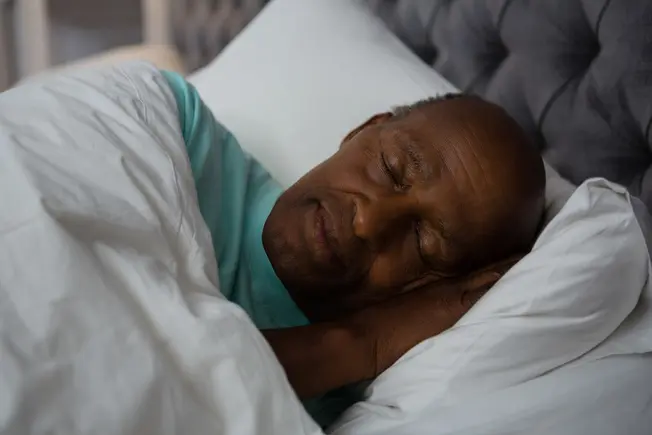
Why a Good Night's Sleep Matters
If you get shortchanged on shut-eye, you might get moody, cranky, anxious, or depressed. You also might find it harder to think straight or to remember things. In the long run, lack of sleep can lead to conditions like obesity, high blood pressure, diabetes, and heart disease. So it's well worth your while to figure out how to get some good quality, uninterrupted ZZZs.
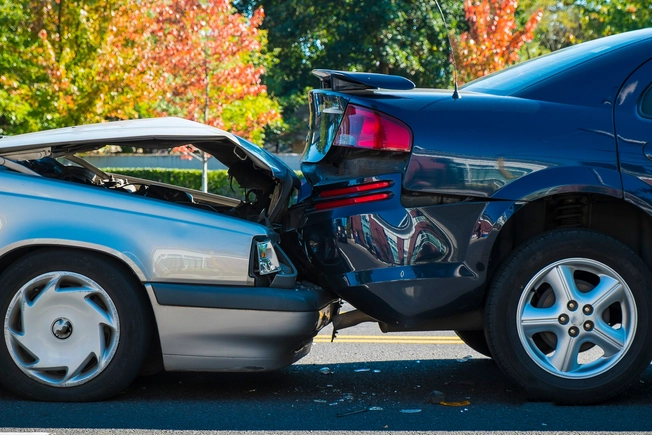
Major Life Events
It's normal for something unusually stressful, like a recent car accident or losing your job, to wake you up during the night. These effects should fade as you come to terms with the situation. Talk to your doctor if your sleep problems stick around for a while after a serious life event. Medication and talk therapy might help.
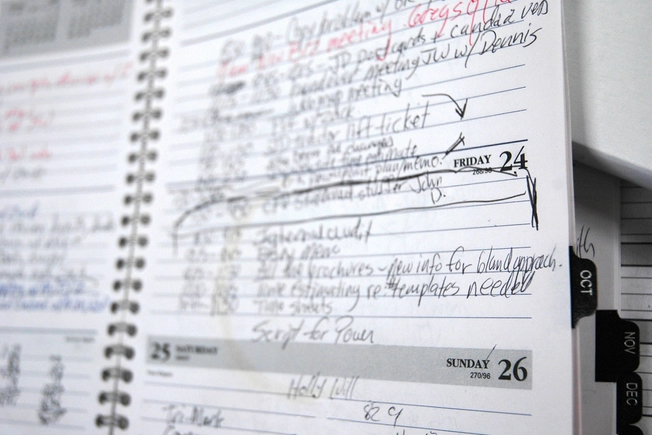
Everyday Woes
Workaday worries can bust up your sleep, too. Did I pay the power bill? Are my property taxes due this week? Is it my turn to do carpool tomorrow? A to-do list can keep you on track and cut down the stress. And that could mean a better night's sleep.
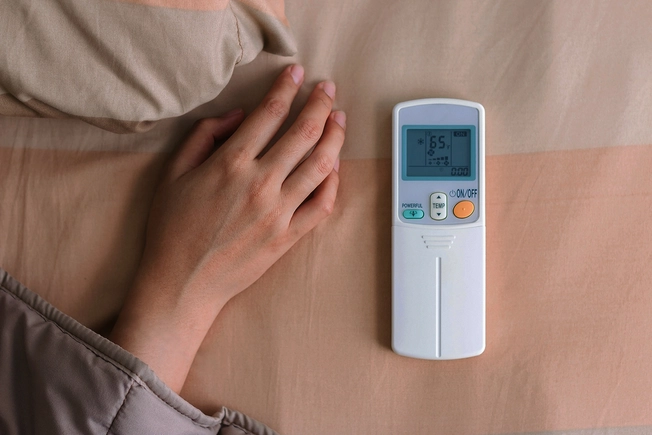
Your Bedroom
Is it hot and stuffy? Does your bed have sinkholes the size of basketballs? Does your partner snore like a hippopotamus with a stuffy nose? Any of these things can interrupt your sleep. A doctor might help with snoring. After that, look for a place to sleep that's dark, quiet, safe, comfortable, and cool -- 60 to 67 F is just about right.

Alcohol
It might make you sleepy at first, but drinking alcohol can wake you up soon afterward, sometimes repeatedly. It disrupts the important REM stage of sleep, and it could interfere with your breathing. It also makes you pee more, which typically means you have to get up to go to the bathroom more often. For a better night's sleep, avoid drinking alcohol in the late afternoon and evening before bed.
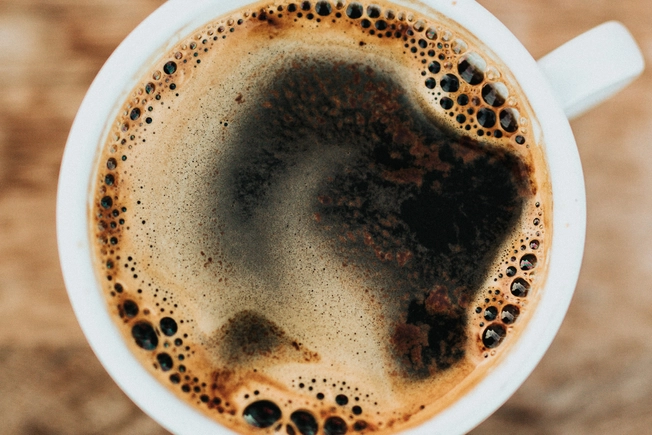
Caffeine
It's in tea, coffee, chocolate, and many energy drinks, too. Even in normal doses, it can wake you up and lessen the quality of your sleep, especially as you get older. Up to 8 hours before bedtime could still have an effect. Avoid it in the afternoon and evening to see if you wake less often after going to sleep.
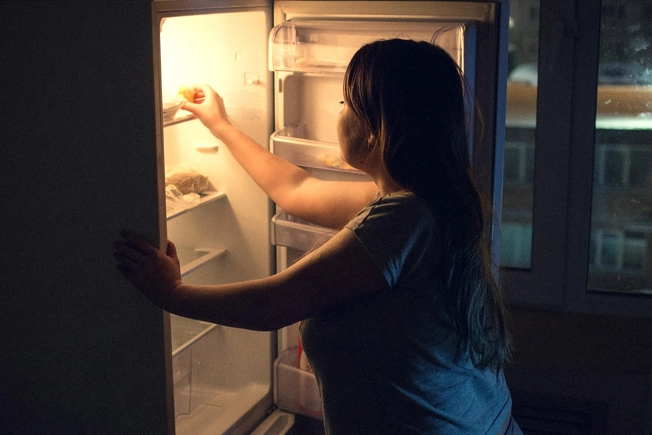
Late-Night Eating
The later you eat that foot-long chili dog with extra onions and a side of fries, the more likely it is to interrupt your sleep later. For a more restful night, try a lighter dinner with less fat and salt and fewer calories -- like grilled chicken and vegetables. Eat it earlier in the evening so it has time to digest. If you're hungry later, snack lightly on easy-to-digest foods like toast or yogurt.

Medication
Stimulants like the pseudoephedrine found in many over-the-counter decongestants can interrupt your sleep. There are other culprits, too, like drugs for allergies, heart disease, hypertension, ADHD, and Parkinson's disease. Talk to your doctor about adjusting or changing your medicine if you think it affects your shut-eye.
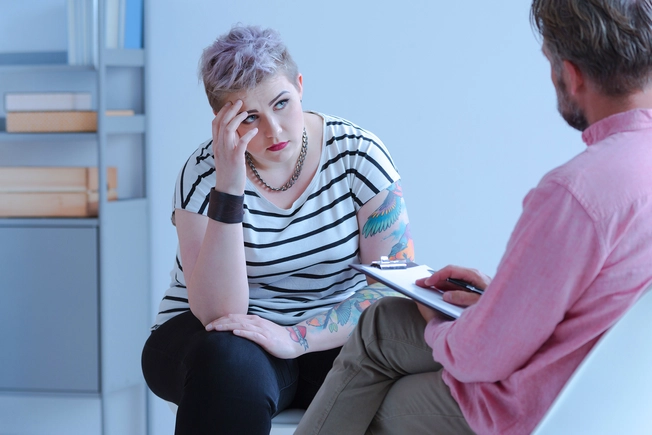
Anxiety and Depression
If everyday events worry you more than they should, you may have some form of anxiety disorder. This kind of worrying can interrupt your sleep. People with bipolar disorder and other mood disorders can also have problems with sleep, including waking in the middle of the night. Talk to your doctor to get the right treatment for you.
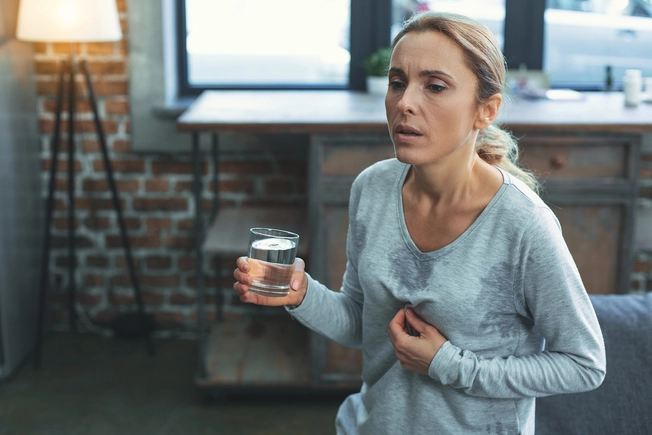
Menopause
If you're a woman, your period stops naturally around middle age, and your body slowly stops making the hormones progesterone and estrogen. This often causes hot flashes, where a surge of adrenaline raises your body temperature and makes you sweat. This can wake you up, sometimes many times each night. Your doctor may be able to prescribe hormones or other medications to stop these flashes and help you sleep.
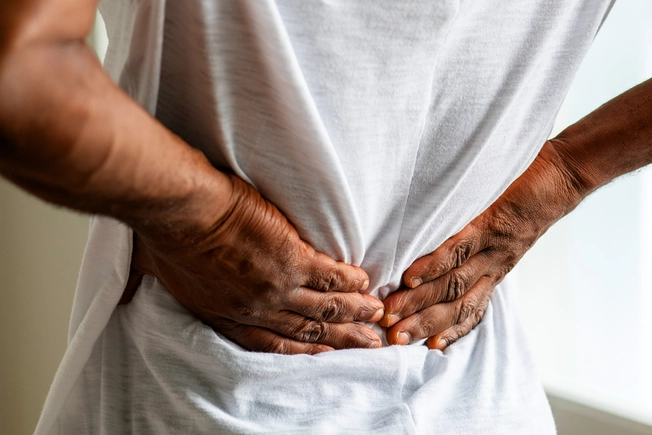
Medical Problems
Arthritis and back pain can wake you up. Allergies and asthma might interfere with your breathing at night. Parkinson's disease can cause body movements that disrupt your shut-eye. Alzheimer's agitates some people during normal sleeping hours. When you treat your illness, you might improve your sleep problems as well.
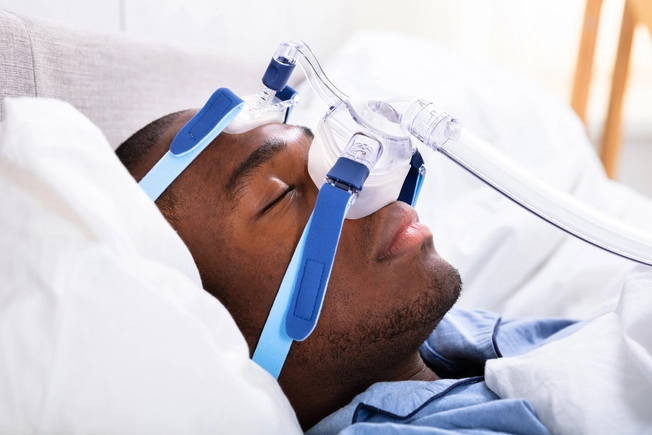
Sleep Apnea
If you have this condition, your breathing starts and stops frequently when you sleep. This can wake you up, sometimes many times a night. Though you may not remember it, you could be groggy and grouchy the next day from lack of sleep. Excess body weight sometimes leads to sleep apnea, but there are other causes. A doctor can test to see if you have it and help you manage and treat it.

Exercise Before Going to Sleep
In general, physical activity makes you sleep better. But if you work out too close to bedtime, your body makes more cortisol, a hormone that helps you stay more alert. This could wake you up when you're trying to stay asleep. It doesn't affect everyone this way, but if you notice sleep problems after exercise, try to get it done in the morning, or at least finish up 3 hours or more before you go to bed.
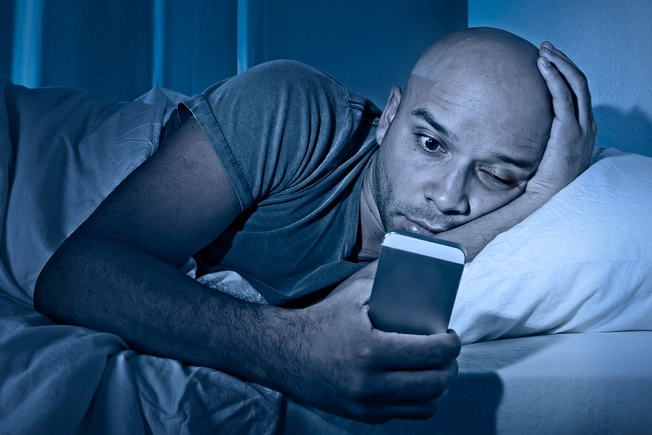
Digital Devices
Too much of any artificial light after the sun goes down can mess up your sleep. But the blue light from your smartphone, laptop, and other electronics is especially bad because it can lower your melatonin levels. Specialized glasses or screens filter out the light, and some devices have "night shift" settings that help remove it. The best solution is to put the electronics down as early in the evening as possible.
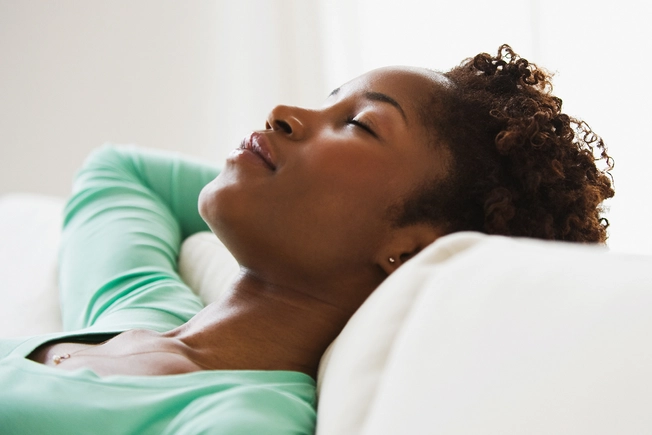
Napping
A 20-minute nap in the middle of the day can help sharpen your attention and motor skills, especially if you're feeling tired. But naps in the late afternoon or evening can make it harder to stay asleep at night. That can lead to an unhealthy cycle that disrupts your normal sleep routine and leaves you craving another nap the next day.
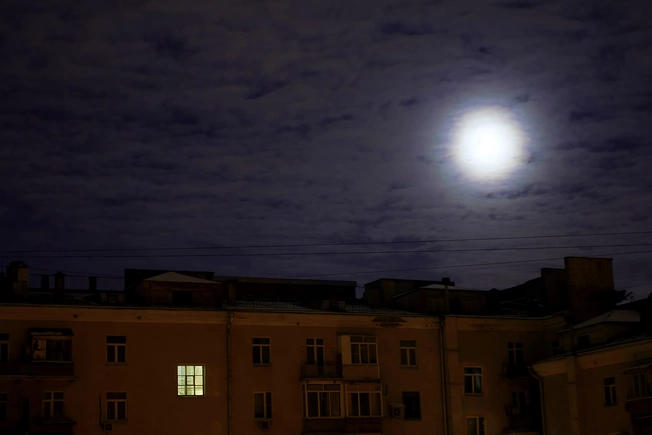
Primary Insomnia
Sometimes there's no obvious reason why you wake up during the night. This is called primary insomnia. It may be that your brain stays more alert -- too alert -- when it should be sleeping. This could be because of some physical difference in the brain, possibly due to your genes. But doctors aren't yet sure and continue to study the problem.